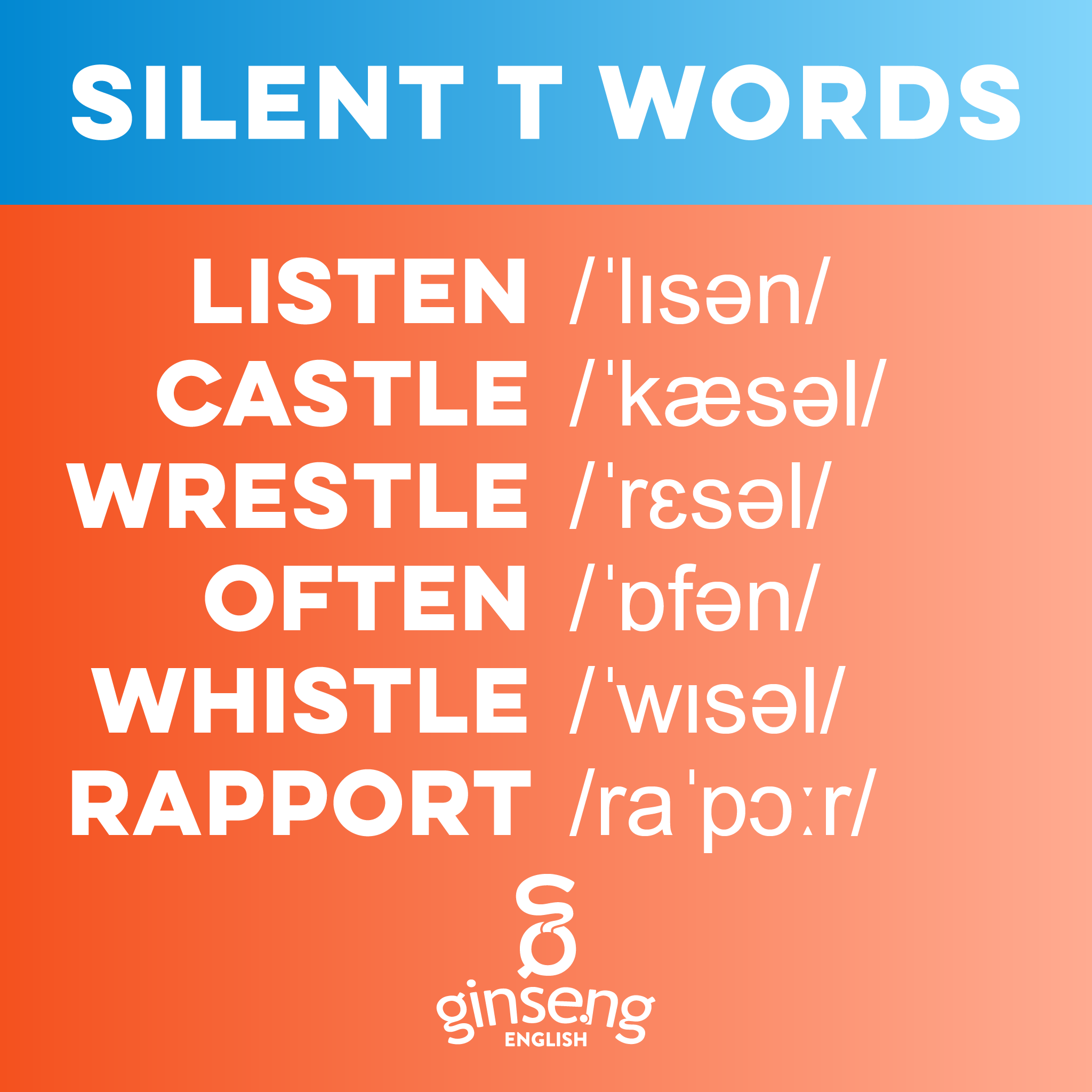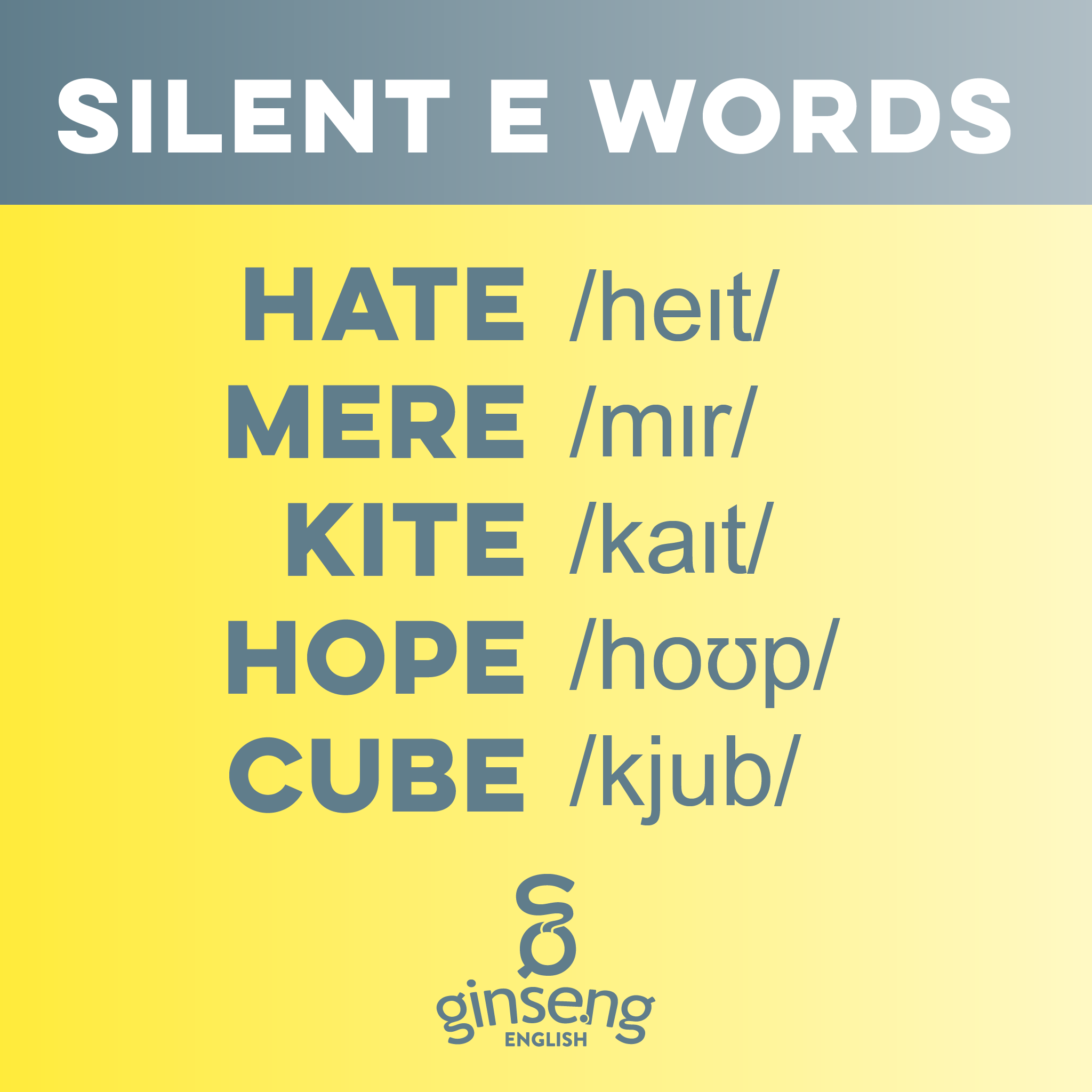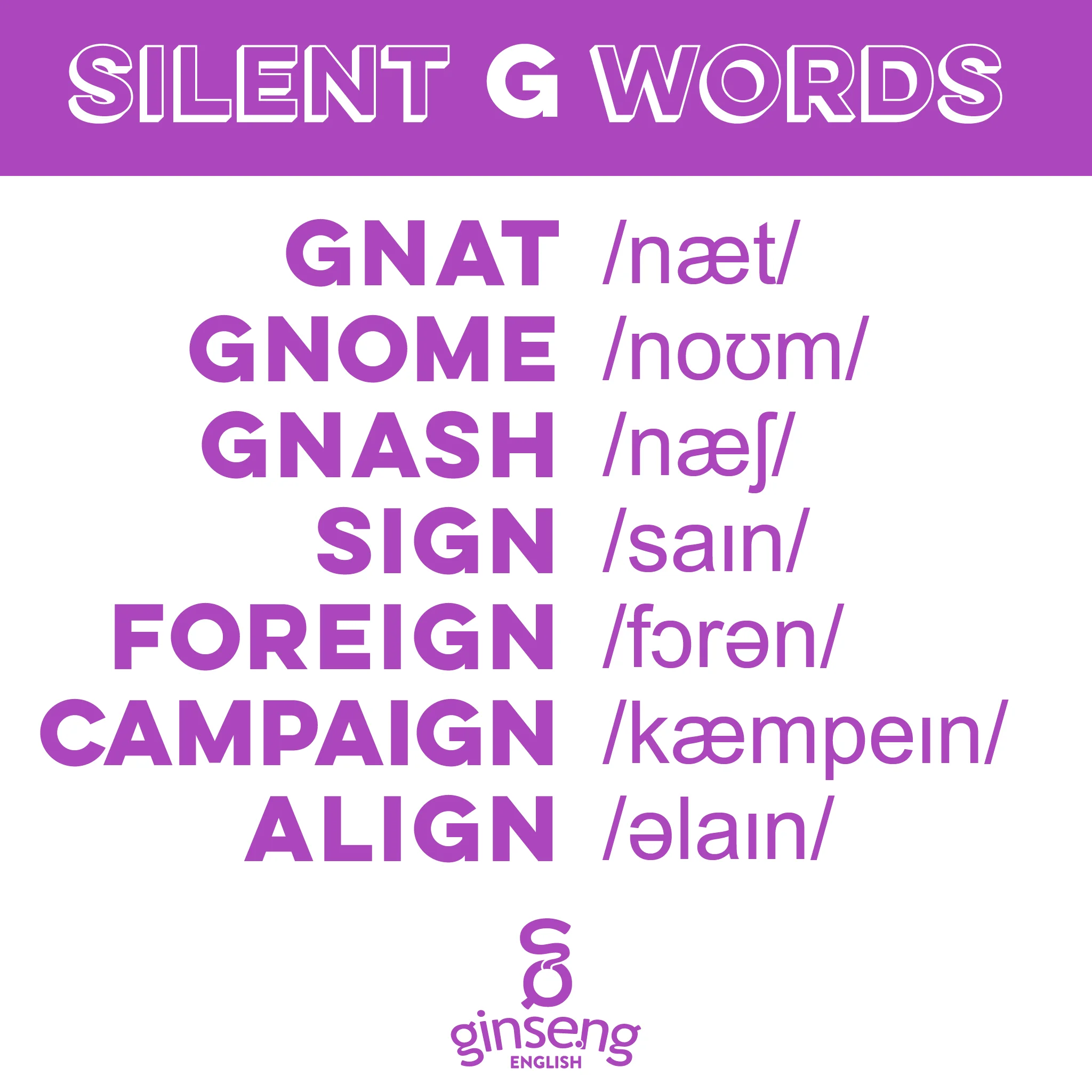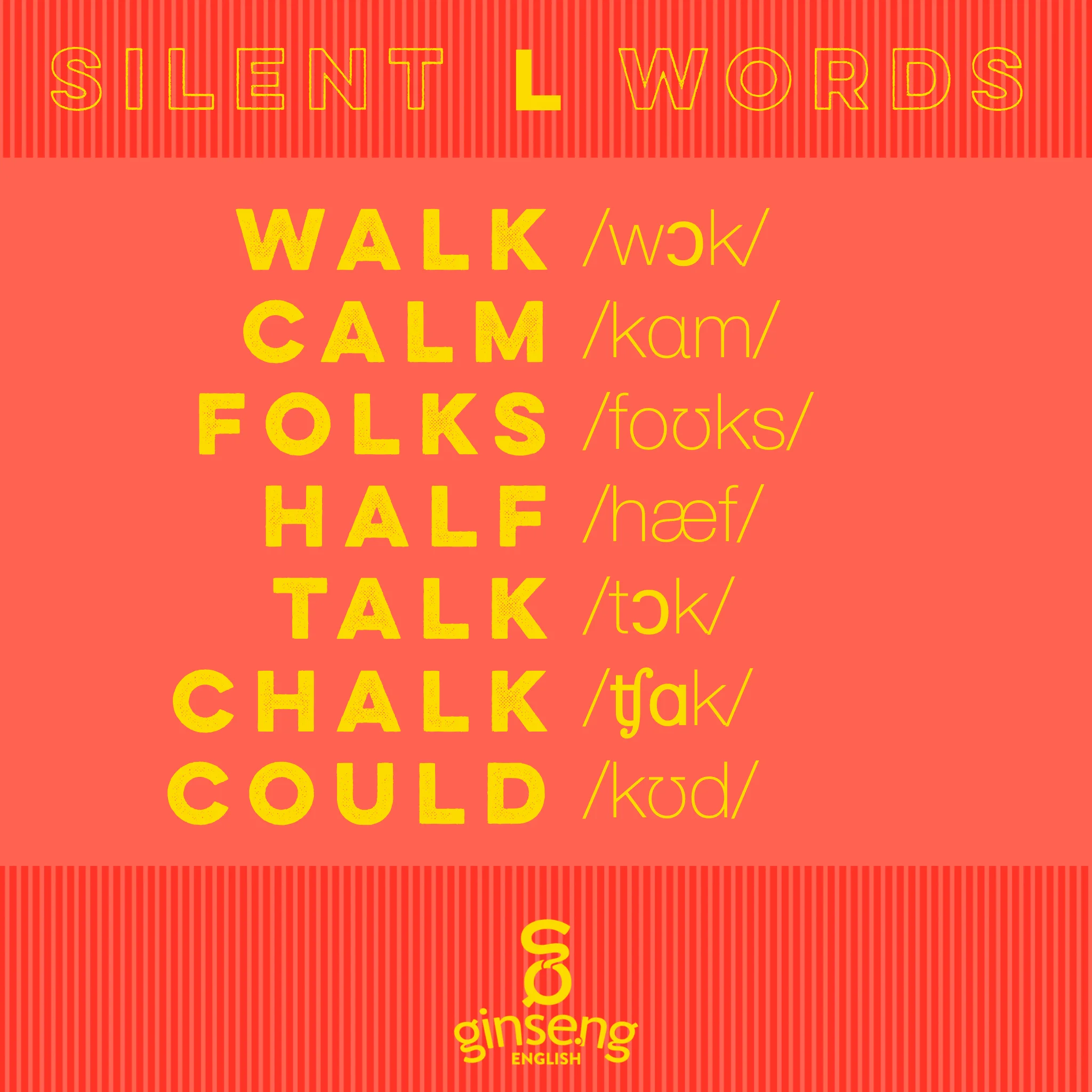As we have established, English pronunciation is crazy, and silent letters can sometimes seem extra crazy. Silent E isn't quite as crazy as some other words. Silent N and silent B and silent K are a little useless in English.
But silent E is different. It's a very useful pattern to learn. Unlike some other letters, silent E tells us some very important information about the other vowels in the word.
C-V-C Words
Before reading on about silent E, we really recommend reviewing consonant-vowel-consonant (C-V-C) words. This article will give you a strong background for understanding how silent E works in English.
However, if you don't have time for that, the short version is this: In 3-letter words that are made of a consonant, then a vowel, then a consonant, the vowel is usually pronounced with a short vowel sound.
Silent E Words
Silent E words follow the C-V-C pattern, but with an E at the end, so they become C-V-C-E words. Adding the -E at the end changes the short vowel sound to a long vowel sound.
For example:
Hat /hæt/ has a short A sound, and hate /heɪt/ has a long A sound.
Bid /bɪd/ has a short I sound, and bide /baɪd/ has a long I sound.
Hop /hɑp/ has a short O sound, and hope /hoʊp/ has a long O sound.
Adding Suffixes to Silent E Words
So when we learned about C-V-C words, we learned that you must double the last consonant. For example, rap, becomes rapped in the simple past and rapping in the present continuous. When you see an unfamiliar word with a double consonant before the suffix -ed or -ing (maybe stropped or thrumming, for example), you can safely guess that the vowel sound is short and that the base form is a C-V-C word (that is, strop and thrum).
With silent E (or C-V-C-E words), we do not double that last consonant when adding a suffix, such as -ed or -ing (or -er or -est for adjectives). Compare these examples of C-V-C and C-V-C-E words to notice the pattern:
hope ➞ hoped and hoping (no E)
hop ➞ hopped and hopping (double P)
Here's another:
pine ➞ pined and pining (no e)
pin ➞ pinned and pinning (double N)
Complete list of Silent E Words
Here are over 200 examples of silent E words:
Silent E Words with Long A
babe, bade, bake, bale, bane, bare, cage, cake, came, cane, cape, care, case cave, dale, dame, dare, date, daze, face, fade, fate, fake, fame, fare, fate, faze, gale, gape, gate, gave, gaze, hare, hate, have, haze, jade, jane, kale, lace, lake, lame, lane, late, mace, made, mage, make, male, mane, mare, mate, maze, name, nape, nave, pace, page, pale, pane, pare, pate, race, rage, rake, rape, rare, rate, rave, raze, safe, sage, sale, same, sane, sate, save, take, tale, tame, tape, tase, tare, vale, vane, vape, vase, wade, wage, wake, wane, ware, wave
Silent E Words with Long E*
cede, here, lede, meme, mere, mete, we're, we've
*see note below.
Silent E Words with Long I
bide, bike, bile, bite, cite, dice, dike, dime, dine, dire, dive, fife, file, fine, fire, hide, hike, hire, hive, jibe, jive, kite, lice, life, like, lime, line, lite, live, mice, mike, mile, mime, mine, mire, mite, nice, nine, pike, pile, pine, rice, ride, rile, ripe, side, sire, site, tide, tile, time, tine, tire, vile, vine, vise, wide, wile, wine, wipe, wire, wise, wive
Silent E Words with Long O
bode, bone, bore, code, coke, cone, cope, core, cove, dole, dope, dote, doze, fore, hole, home, hone, hope, hose, joke, lobe, lode, lone, lore, mode, mole, mope, mote, node, nope, note, poke, pole, pope, pore, robe, rode, role, rope, rose, rote, rove, sole, toke, tore, tote, vote, woke, wore, wove
Silent E Words with Long U
cube, cuke, cure, cute, dude, duke, dune, dupe, fume, huge, june, lube, luge, lure, mule, muse, mute, nude, nuke, puke, pure, rube, rude, rule, sure, tube, yule
Exceptions and notes
-ORE words do not have a long O sound. Bore, core, fore, lore, more, tore, and wore rhyme with four.
You may notice that there are very few silent E words with a long E in the middle. This is because we have many other common ways to spell the long E, such as the -EA- in dear and meal and the -EE- in seen and feet.
More Free English Resources
Have you read our other posts on English pronunciation? If not, take a look at Silent K, Silent N, Silent G and Silent L, and Deleted Syllables.
Silent E Words in English





